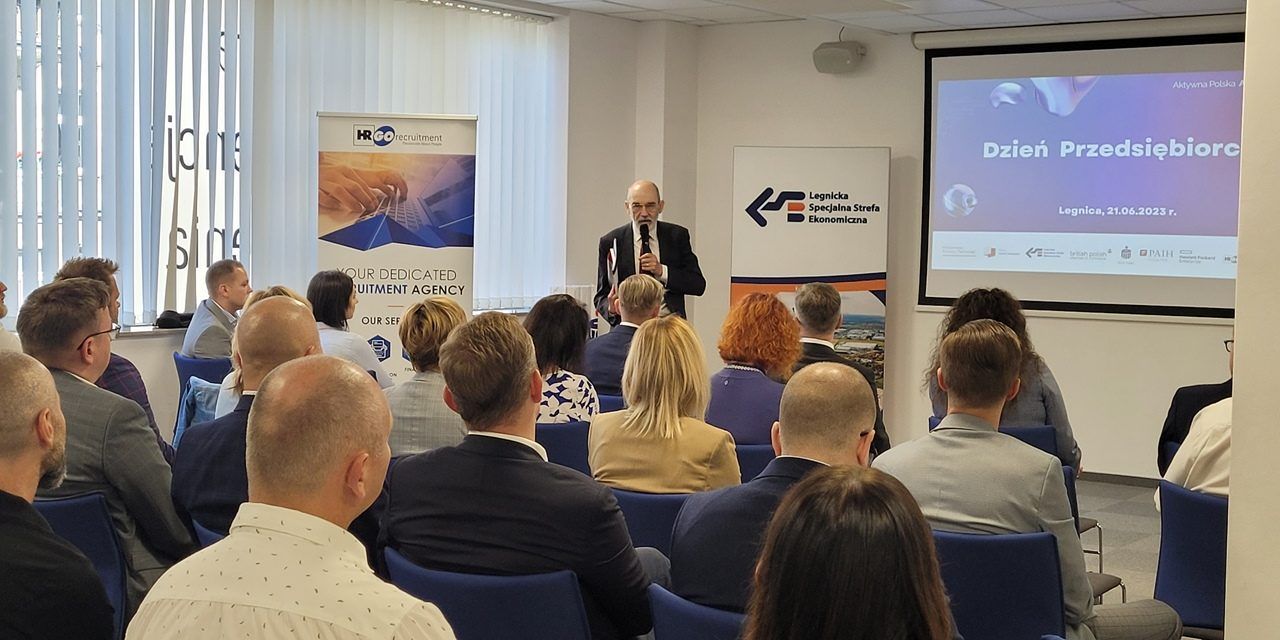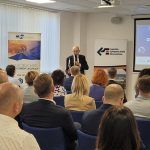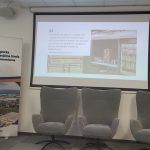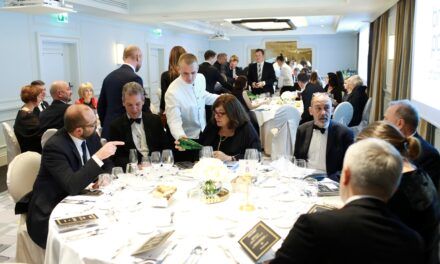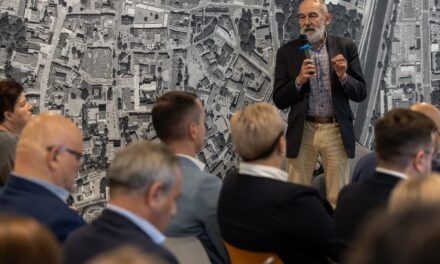The year’s longest day, 21 June, is celebrated in Poland as Entrepreneur’s Day; the Legnica Special Economic Zone and the BPCC held a meeting at the SEZ’s conference centre in Legnica focused on support for enterprise at home and in export markets and about the opportunities and threats posed by AI, in particular the uses of GPT-related technologies in recruitment.
The meeting was opened by Przemysław Bożek, president of the board of the Legnica SEZ, fresh from the triumphant announcement of Intel’s decision to place its $4.6 billion semiconductor factory in the zone, which will be located between Legnica and Wrocław. The BPCC’s chief advisor Michael Dembinski spoke about current trade conditions between the UK and Poland and introduced the topic of AI.
Krzysztof Hajłasz from the Polish trade and investment support agency, PAIH, introduced the agency in terms of how it helps Polish exporters, and spoke specifically about measures to promote Polish IT sector’s expansion on foreign markets. He introduced a new service – co-working spaces in PAIH offices around the world which Polish IT firms could use as a home from home while visiting potential new markets.
Justyna Hubiak, director of the enterprise support department at the Legnica SEZ outlined how the zone can help investors, setting out the various levels of tax relief and other types of financial support.
After a networking coffee break, Dominik Kostecki, recruitment manager, from HR GO Recruitment, talked about Chat GPT and the AI breakthrough introduced by the large language model, its implications for business and specifically for human resources.
Artur Studziński, solutions architect from Hewlett Packard Enterprise, explained the new value that AI can bring across different sectors of business, with case studies from healthcare, retail and e-commerce, and gaming.
Michael Dembinski moderated a panel discussion with Mr Kostecki, Mr Studziński and Mr Hajłasz, asking the panellists about AI’s potential effects on the economy and society, on Poland and the Polish IT sector, the far future – could we envisage artificial consciousness – and how to regulate AI without stifling innovation.
The panel discussion was followed by a networking lunch.
The BPCC would like to thank the Legnica Special Economic Zone for hosting the event.






